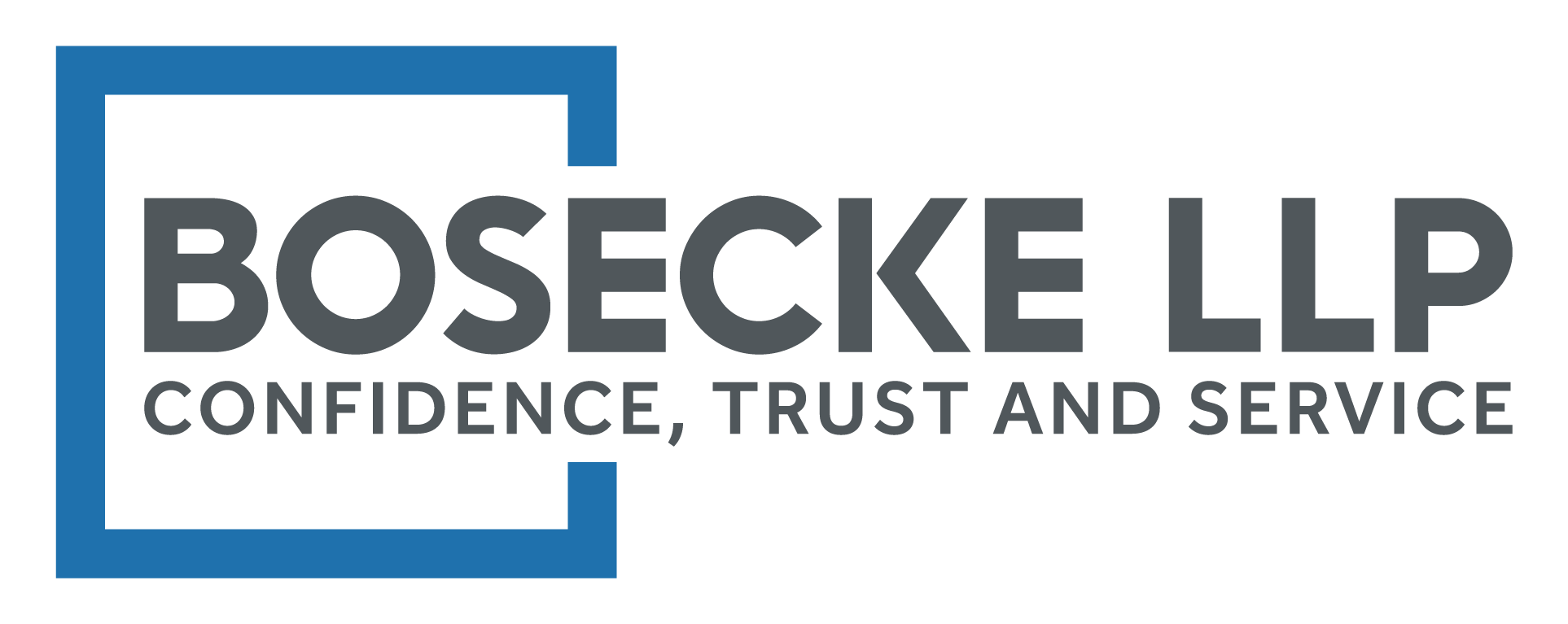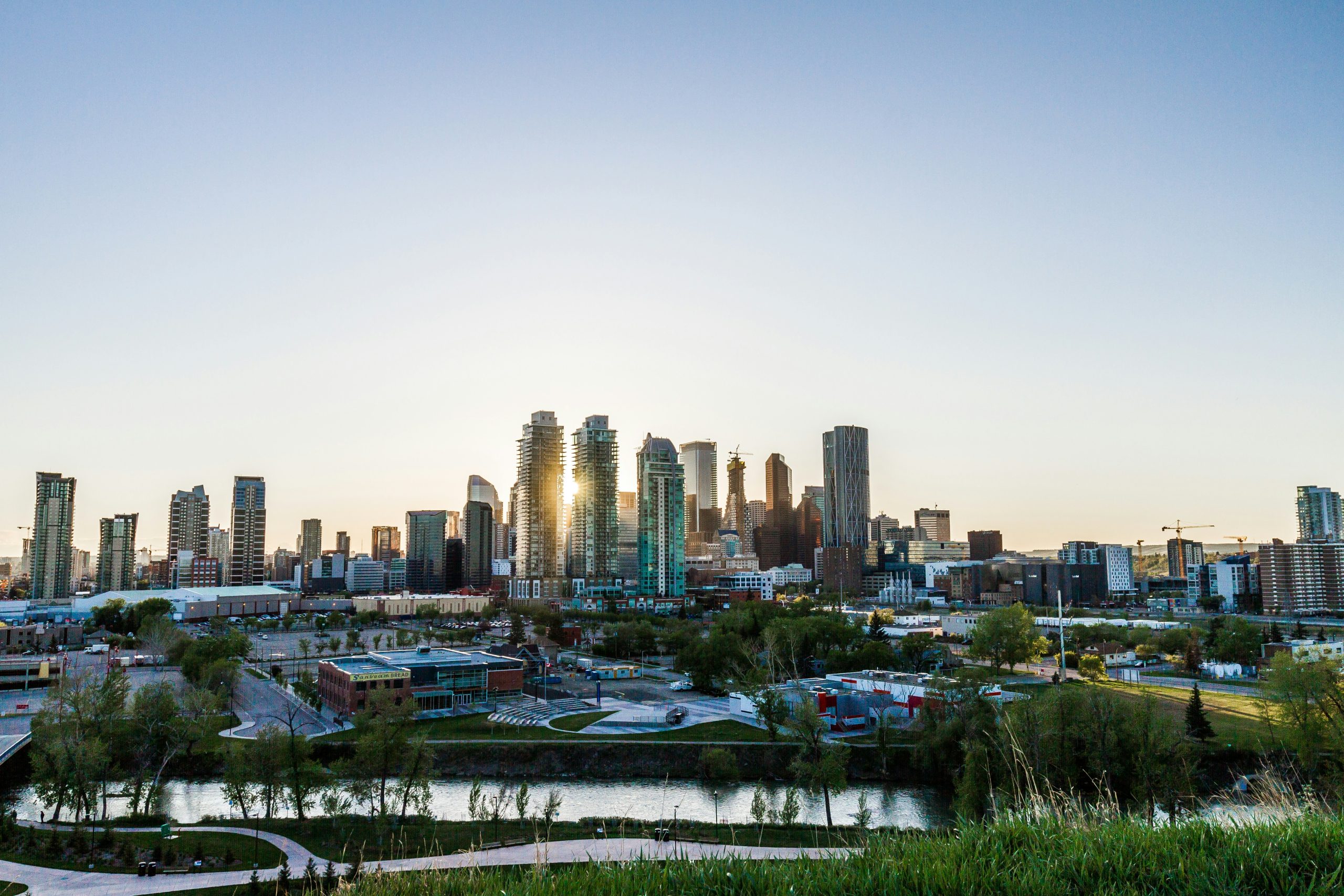With shifting economic conditions, evolving government policies, and major market influences such as interest rates and population growth, Alberta’s real estate outlook for 2026 is top of mind for many.
Whether you’re planning to buy, sell, or invest, understanding where the market is heading can help you make informed decisions well in advance.
In this forecast, we’ll break down what to expect across Alberta’s major markets, what’s driving those changes, and what they mean for you.
Economic Factors Shaping Alberta’s 2026 Housing Market
Alberta’s real estate market never operates in a vacuum. It closely tracks larger trends in the economy. Here’s a look at some key drivers that will influence housing in 2026.
Interest Rates and Inflation
Mortgage rates soared in 2023 and 2024 following aggressive interest rate hikes by the Bank of Canada. However, with inflation starting to stabilize, many economists predict gradual rate reductions beginning late 2025. If this occurs:
- Homebuyers may see increased borrowing power, pushing demand up.
- Sellers might benefit from renewed market activity.
- Investors could return more aggressively, especially in urban centers.
Oil Prices and Employment
Alberta’s economy is strongly linked to energy. Moderate oil prices are expected to persist through 2026, enough to support employment without significantly overheating housing markets.
- Job growth is expected to continue in energy, tech, and construction.
- Higher employment rates support steady housing demand, especially in Calgary and Edmonton.
Population Growth and Immigration
Alberta continues to attract domestic and international migration, thanks to a lower cost of living relative to other provinces. The province is expected to see population growth at just over 2% annually through 2026.
- Newcomers will place upward pressure on housing demand.
- This trend may be strongest in suburban and satellite communities.
Home Prices: Will Alberta See a Surge or Stabilize?
The big question: Will homes in Alberta cost more or less in 2026?
Average Home Price Projections
According to projections by the Canadian Real Estate Association (CREA) and local economists:
Prices in Calgary and Edmonton will likely rise moderately, between 2% and 4% per year.
Lethbridge, Red Deer, and Grande Prairie may see slightly slower growth but remain attractive due to affordability.
Affordability Outlook
Mortgage stress tests, income growth, and potential rate cuts could improve affordability by 2026. That said:
- Price-to-income ratios in Alberta should remain significantly lower than in Vancouver or Toronto.
- First-time buyers will still face challenges saving for down payments, especially in Calgary.
Regional Insights: City-by-City Breakdown
Real estate opportunities and risks can vary widely between regions in Alberta. Here’s a closer look.
Calgary
- Trend: Balanced market with steady job growth and moderate new construction.
- Opportunities: Inner-city infill homes, townhouses, and northwest suburban growth.
- Watch for: Ongoing demand from interprovincial migration.
Edmonton
- Trend: Stable price growth with government and tech-driven employment gains.
- Opportunities: Multi-family developments and income properties.
- Watch for: Downtown revitalization and improved transit infrastructure.
Lethbridge & Red Deer
- Trend: Slow but steady growth, driven by affordability and local demand.
- Opportunities: Detached homes, starter condos, and long-term rentals.
- Watch for: Regional economic diversification and infrastructure projects.
2026 Real Estate Investment Outlook in Alberta
Is Alberta still a good place to invest in property?
Why Investors Are Watching Alberta
1. Affordability Compared to Metro Markets: Calgary and Edmonton offer higher rental yields than similar-sized cities in Ontario.
2. Population Growth: More renters mean more potential for rental income and appreciation.
As always, investors must factor in tax changes, landlord-tenant rules, and municipal updates.
Potential Policy Impacts to Consider in 2026
The governments at both the federal and provincial levels are proposing housing-related policies to address affordability and supply.
Notable Legislation to Watch
1. Housing Accelerator Fund: Increased funding for developments may boost new inventory.
2. Land Use Changes: Calgary is considering zoning reform. This could increase density and change neighborhood dynamics.
3. Short-term Rental Regulations: New bylaws could impact Airbnb-style investments.
Be proactive, build these into your planning timeline if you’re an investor or developer.
Historical Trends: How Past Patterns Help Forecast 2026
Looking at the past helps us see where we’re headed.
- Alberta’s home prices corrected after the 2015 oil downturn but bounced back post-pandemic.
- Unlike Ontario and B.C., Alberta avoided runaway price inflation during 2020-2022.
- Stable performance through 2023-2024 reinforces confidence in gradual, not volatile, growth ahead.
What This Means for Buyers, Sellers & Investors
For Homebuyers
- Consider locking in lower rates in late 2025 or early 2026 if interest rates begin to dip.
- Look to secondary cities for better affordability without sacrificing market potential.
- Use checklists to prepare your documents early and avoid transaction delays.
For Sellers
- If you’re planning to sell in 2026, stage and list early in the year to capture spring demand.
- Expect more educated and rate-sensitive buyers, upfront repairs and transparency will matter more than ever.
For Real Estate Investors
- Focus on income stability rather than aggressive appreciation.
- Watch zoning changes, multi-family or mixed-use may stand out.
- Get legal advice early, especially around tenant laws, title clarity, and financing structure.
FAQs
1. Will Alberta home prices go up or down by 2026?
Moderate price increases between 2% and 4% per year are forecasted, especially in Calgary and Edmonton. Affordability will remain better than in B.C. or Ontario.
Is it a good time to invest in real estate in Alberta in 2026?
Yes, provided you do your due diligence. Alberta offers steady growth, rental demand, and lower entry points than eastern markets.
3. Which Alberta city will be most affordable in 2026?
Red Deer, Lethbridge, and Grande Prairie are expected to remain more affordable than major hubs like Calgary and Edmonton.
4. How will interest rates affect buyers in 2026?
If rates begin to decrease in late 2025, borrowers may regain some purchasing power, though any changes are expected to be gradual.
5. What’s the biggest risk for Alberta real estate in 2026?
A major oil price shock or federal policy change could cool momentum. But current forecasts suggest relatively stable conditions.
Get Guidance Before You Buy or Sell
Exploring real estate in a changing market doesn’t have to feel overwhelming. At Bosecke LLP, we provide clear, practical legal support for Alberta home buyers, sellers, and property investors.
You’ll receive:
- Written fee estimates so you can plan your budget.
- Step-by-step timelines to avoid last-minute surprises.
- Plain-English summaries so you understand your documents.
Buying or selling in 2026? Book a consultation or get a fee estimate today, we’re here to help you move forward with confidence.



